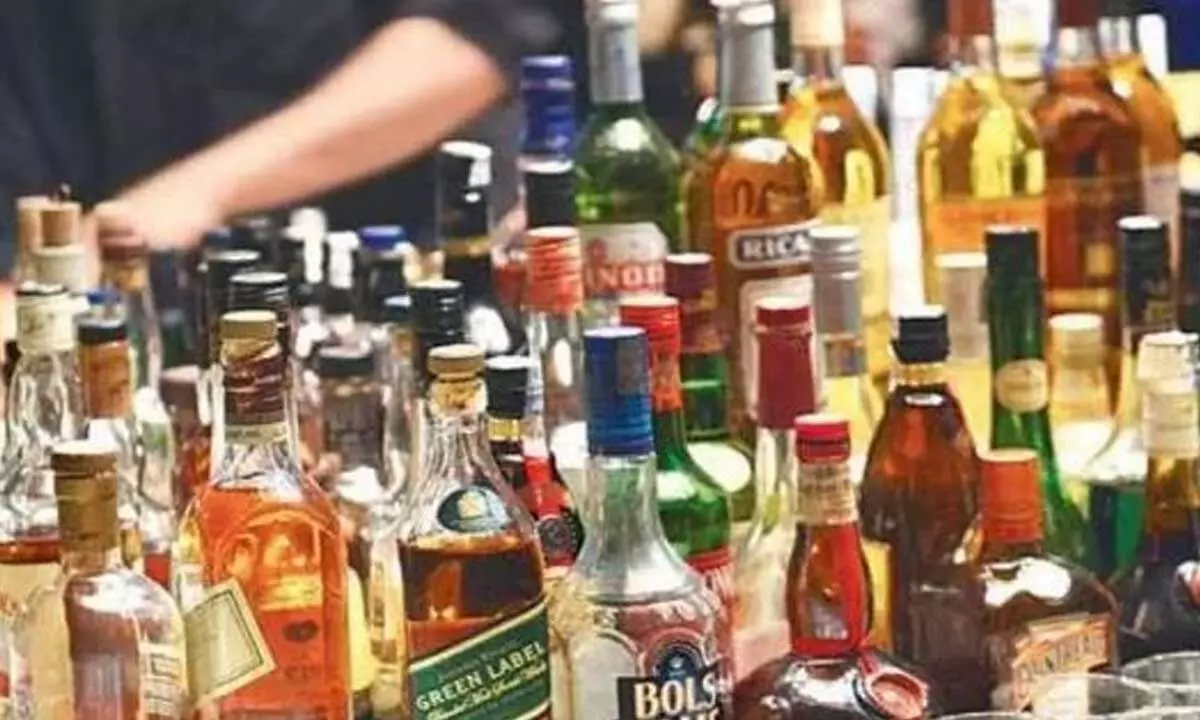Live
- CM Majhi thanks PM for attending PBD event
- Prez urges diaspora to help build Viksit Bharat
- Why Coastal Property Investment in Andhra Pradesh is Today’s Trend?
- Police book case against KTR for unauthorised rally
- Literature crucial in nurturing creativity
- Academicians debate on trends observed in 2024 General Elections
- Adah Sharma to perform Shiv Tandav stotram at the MahaKumbh mela
- Haryana Guv urges TG, AP CMs to implement NEP-2020
- Tail-end farmers should get irrigation water, says Uttam
- SpinSci to churn out 1K AI-based jobs in Telangana









